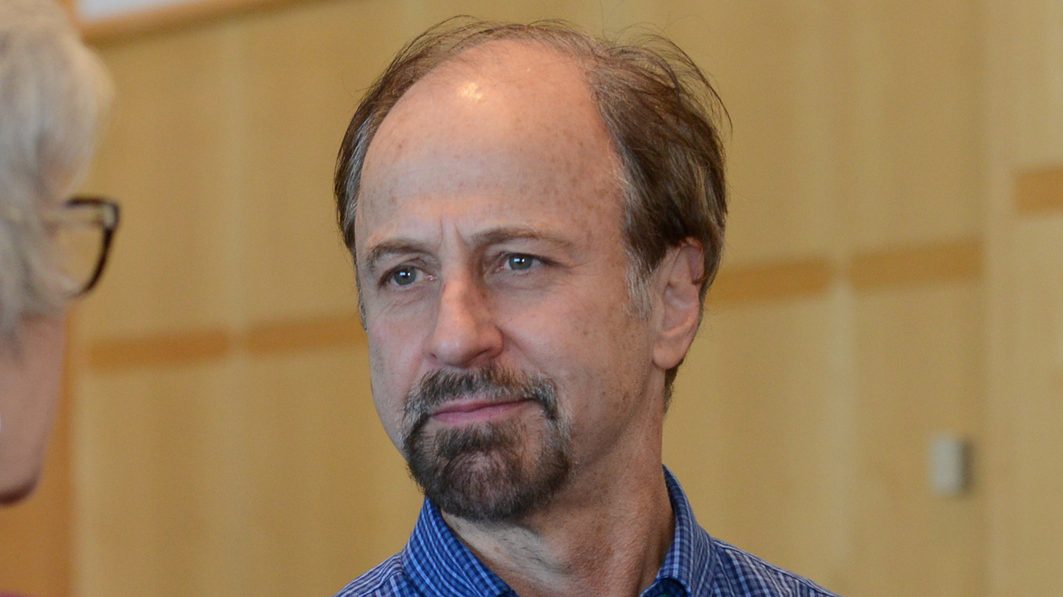

Robert Hefner
Professor of Anthropology and International Relations
Robert W. Hefner is a professor in the Department of Anthropology and the Pardee School of Global Affairs at Boston University. From 1986-2017, he worked with the sociologist Peter L. Berger and served as director and associate director of the Institute on Culture, Religion, and World Affairs (CURA) at Boston University. He has also served as the director of the Center for the Study of Asia (2022-2025).
Hefner is an anthropologist and comparative historical sociologist who specializes in the study of religion, religion and democracy, citizen belonging, and political ethics and law (including shariah law). He has directed some 25 major research projects and organized 19 international conferences on issues ranging from Muslim politics and shariah law to citizenship and civic education in Western democratic societies. His research in recent years has had two thematic foci: the politics and ethics of civic-pluralist conflict and co-existence in Muslim-majority societies; and social recognition and citizen belonging in Western Europe and the United States. Hefner has published 24 edited or single-authored books, as well as seven major policy reports for the U.S. government and private foundations. Seven of his books have been translated into Indonesian and Malay; one has been published in Chinese. With the support of the Henry Luce Foundation, Hefner (2019-2021) co-produced, with Zainal Abidin Bagir of Gadjah Mada University, six films on democracy, plurality, gender, and citizenship in Indonesia.
Since 2024 Hefner has served as an invited member of the Executive Board of the Center for Shared Civilizational Values, an institute established by the Indonesian Muslim mass organization, Nahdlatul Ulama (NU). From January 2024 to April 2025 he served as the academic organizer for Nahdlatul Ulama’s international conference on “Humanitarian Islam and Shared Civilizational Values.” During 2009-2010, Hefner served as the elected president of the Association for Asian Studies, the largest professional association for Asian studies in the world. In 2007-2008 he was recognized as a Carnegie Scholar in Islam. From 2016 to 2019, he was Director of the Religion and Education Committee in the United States-Indonesia Society (USINDO), as part of the Presidential Initiative undertaken by Presidents Barack Obama and Joko Widodo on “Religious Pluralism in Indonesia and the United States.” During 2008-2009, he was the first Lee Kong Chian Fellow in Southeast Asian Studies at the National University of Singapore and Stanford University. From 2007-2015 he was a Senior Professor in the Summer Graduate Program on Religion Culture, and Society at the University Centre-St. Ignatius, University of Antwerp, Belgium. He has also been a visiting senior scholar at the École des Hautes Études en Sciences Sociales in Paris, France; the Kroc Institute for Peace Studies at the University of Notre Dame; the University of Cambridge (UK); the Department of Sociology at Fudan University (Shanghai); the Center for Asian Studies at Melbourne University (Australia); the Humanities Institute, Santa Cruz; the National University of Malaysia; the Institute for Advanced Studies (Princeton); and Gadjah Mada University (Yogyakarta).
Hefner’s most recent book is on Islam and Citizenship in Indonesia: The Quest for an Inclusive Public Ethics (Routledge 2024). He is currently writing a book on varieties of citizenship and religious governance in Western and non-Western democracies.
Courses
- CAS AN 101 Introduction to Cultural Anthropology
- CAS AN 290 Children and Culture
- CAS AN 319/719 Muslim Cultures and Politics
- CAS AN 371/771 Political Anthropology
- CAS AN 384/784 Anthropological Study of Religion
- CAS AN 563 Religion and Politics across Cultures (co-listed with IR 563)
- CAS AN 318/718 Southeast Asia: Tradition and Modernity (co-listed with IR 319)
- CAS AN 701 Anthropology of Morality: Biological, Psychological, and Sociocultural Foundations
- CAS AN 704 Proseminar: Contemporary Anthropological Theory

